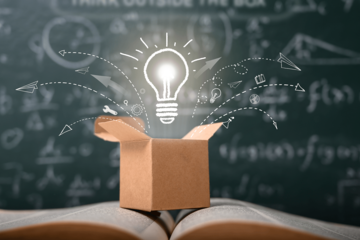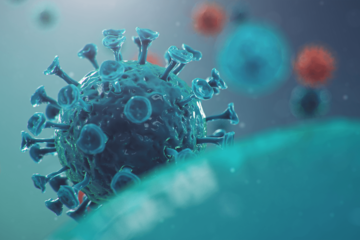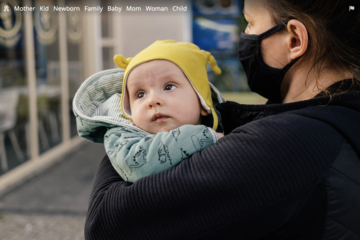We found 4 results that contain "covid"
Posted on: #iteachmsu

How Iceland hammered COVID with science
Posted by:
Chathuri Super admin..

Posted on 1: #iteachmsu

How Iceland hammered COVID with science
Posted by:
Chathuri Super admin..

Posted on: #iteachmsu

Assessing Learning
COVID-19 and impact
Posted by:
Chathuri Hewapathirana

Posted on: #iteachmsu

Navigating Context
The economic impact of COVID-19
Posted by:
Chathuri Hewapathirana

Posted on: #iteachmsu

Navigating Context
Avoid squandering a post-COVID-19 fish bounty
Posted by:
Chathuri Hewapathirana

